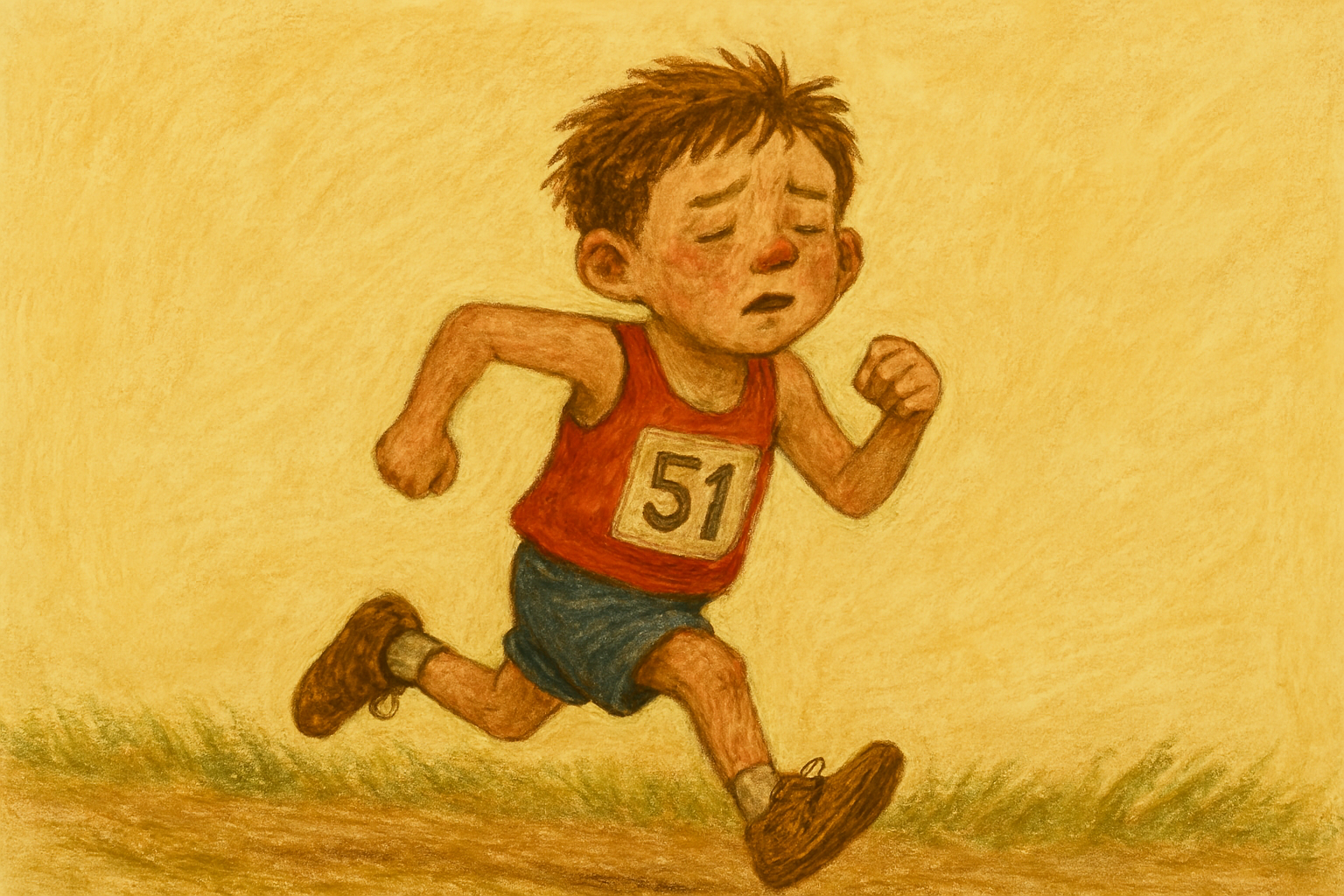Armando Heredia’s triptych, Must Be Present To Win, is a powerful and cohesive journey through the landscape of modern struggle, tracing a compelling arc from external defiance to internal resolve. The three poems—”Defiance,” “Bet My Heart,” and the titular “Must Be Present To Win”—function as distinct yet interconnected movements in a larger symphony on redefining victory.
1. “Defiance”: The Raw Foundation
The collection opens with a blast of raw, unfiltered emotion. “Defiance” is a poem of rebellion born from pain, a classic stance against external forces—”the world,” “the ones in charge,” “they.” Heredia effectively uses a repetitive, almost chant-like structure for the word “Defiance,” mirroring the cyclical nature of anger and self-destructive behavior. The language is visceral and physical: “shook my fist,” “ground my teeth,” “clenched my fists,” “strung out on drugs.”
This poem establishes the stakes. It’s not a glamorous rebellion but a painful, gritty fight for survival. The speaker’s defiance is initially a shield for deep fear and anguish. The brilliance of this first piece lies in its subtle turn; defiance evolves from a reactive scream into a proactive force. The final lines, “They said my words didn’t matter / Now they’re singing my songs,” signal a crucial shift. The energy of defiance is beginning to be harnessed and transformed into something generative, setting the stage for the next poem.
2. “Bet My Heart”: The Vulnerable Gamble
If “Defiance” is about pushing against, “Bet My Heart” is about leaning into. The thematic core here is vulnerability and commitment. Heredia introduces a powerful central metaphor: betting one’s heart as the ultimate wager. The poem critiques conventional, risk-averse wisdom (“don’t bet what you can’t lose”) with a profound rhetorical question: “if I don’t bet my heart / What’s the point of winning?”
The poem’s structure, with its recurring stanza “I’m the little guy / doing little things,” grounds the speaker’s ambition in a relatable, humble reality. This isn’t about grandiose claims but the quiet conviction that “little things” matter. The repetition of “A chance to matter… A chance to win… A clean fight in a dirty game” acts as a mantra, solidifying the speaker’s new ethos. They are no longer just defying; they are defining their own terms for the fight, choosing to be “a different kind of champion.” This poem is the pivotal moment of choice, where raw anger is refined into determined purpose.
3. “Must Be Present To Win”: The Philosophical Resolution
The collection culminates in its title poem, which serves as its philosophical and emotional apex. The tone shifts from the gritty and the determined to the contemplative and wise. Heredia masterfully uses a simple, relatable anecdote—entering a drawing and missing it due to the “must be present to win” rule—as a metaphor for a larger life truth.
The word “present” is played with in its dual meanings: being there physically and the concept of time (the “now”). The poem argues that the greatest “present” (gift) one can give is their “presence” (attention and engagement in the moment). This wordplay is not clever for its own sake; it is profound. Lines like “Be present, not perfect / Show up, it’s worth it” offer a powerful, anti-perfectionist manifesto.
This final piece resolves the conflict established in the first poem. The defiance has quieted into a steadfast commitment to oneself. The gamble of the heart has been accepted, and the prize is revealed not as external validation but as the internal state of being fully engaged in one’s own life. The final stanzas, “And if no one else shows up / That’s not on you,” provide a breathtakingly liberating conclusion. Winning is now entirely decoupled from external outcome and redefined as the personal act of showing up.
Conclusion: A Unified Arc of Triumph
As a triptych, these poems form a complete narrative: from the reactive pain of Defiance, through the active choice of Betting One’s Heart, to the enlightened state of Being Present. Armando Heredia doesn’t just explore what it means to win; he dismantles the societal definition and rebuilds it on a foundation of personal authenticity, resilience, and mindful engagement. The collection is a quiet triumph, a guide for finding victory not on the podium, but in the courageous, everyday act of participating in one’s own life.
